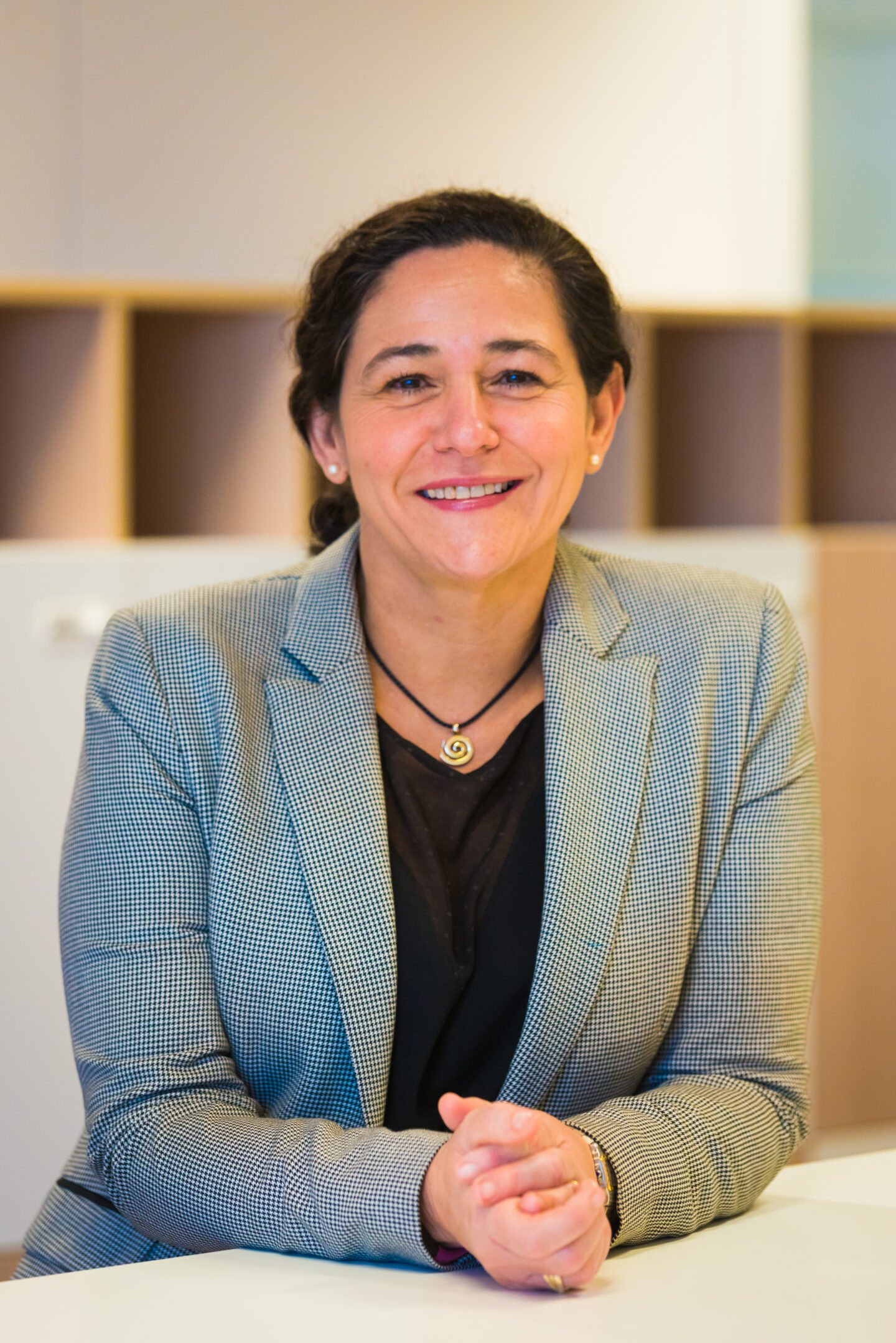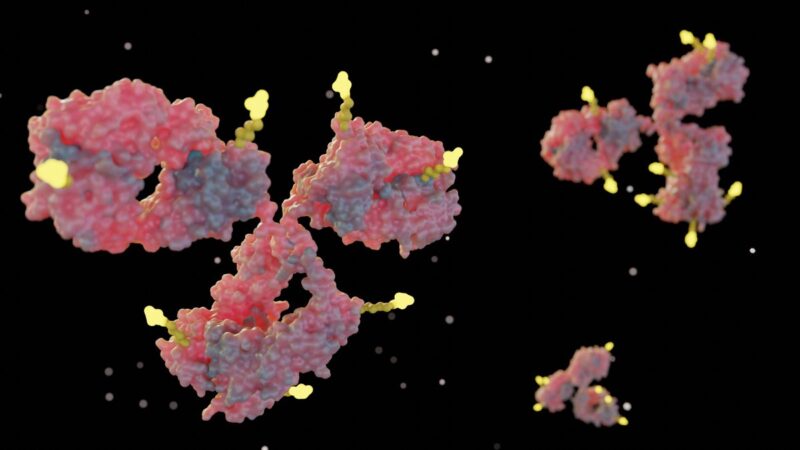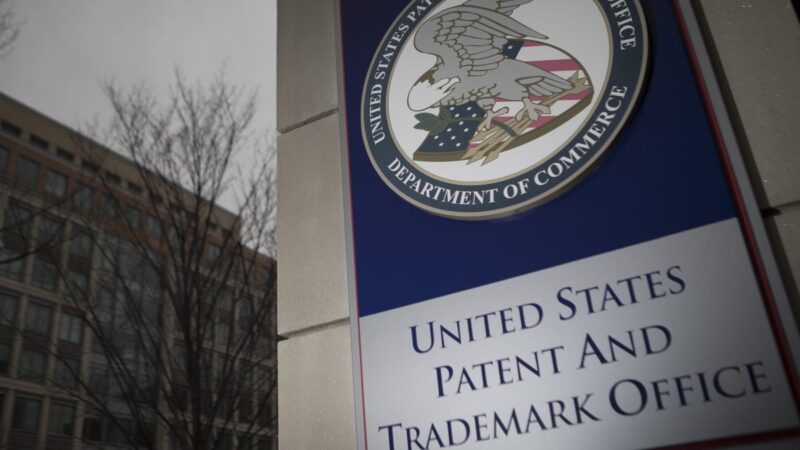Elena Santiago Cid

Mrs. Santiago Cid is CEN and CENELEC Director General since 1 January 2010. CEN and CENELEC are two of the three recognized European Standardization Organizations supporting European Policies and Legislation. Moreover, Mrs. Santiago Cid is also Vice-President at the Women4Cyber Foundation.
CEN and CENELEC, recognized Standardization Organizations under EU Law, are leading providers of European Standards that are driven by business and made through a transparent, balanced and consensus-based process in which all relevant stakeholders, including societal interest groups and SMEs are involved. CEN and CENELEC abide by the WTO TBT principles and beyond. They adapt proactively to
new technology and social developments and support European competitiveness, the protection of the environment and sustainable growth for the well-being of citizens and the strengthening of the Single Market.
CEN and CENELEC actively support international standardization and cooperate closely with the International Organization for Standardization (ISO) and the International Electrotechnical Commission (IEC) in order to foster and promote European competitiveness in the global market.
Mrs. Santiago Cid graduated in Electronic Engineering from the Polytechnic University of Madrid and has 25 years’ experience in standardization.


Explainer: Standard Essential Patents and National Security
